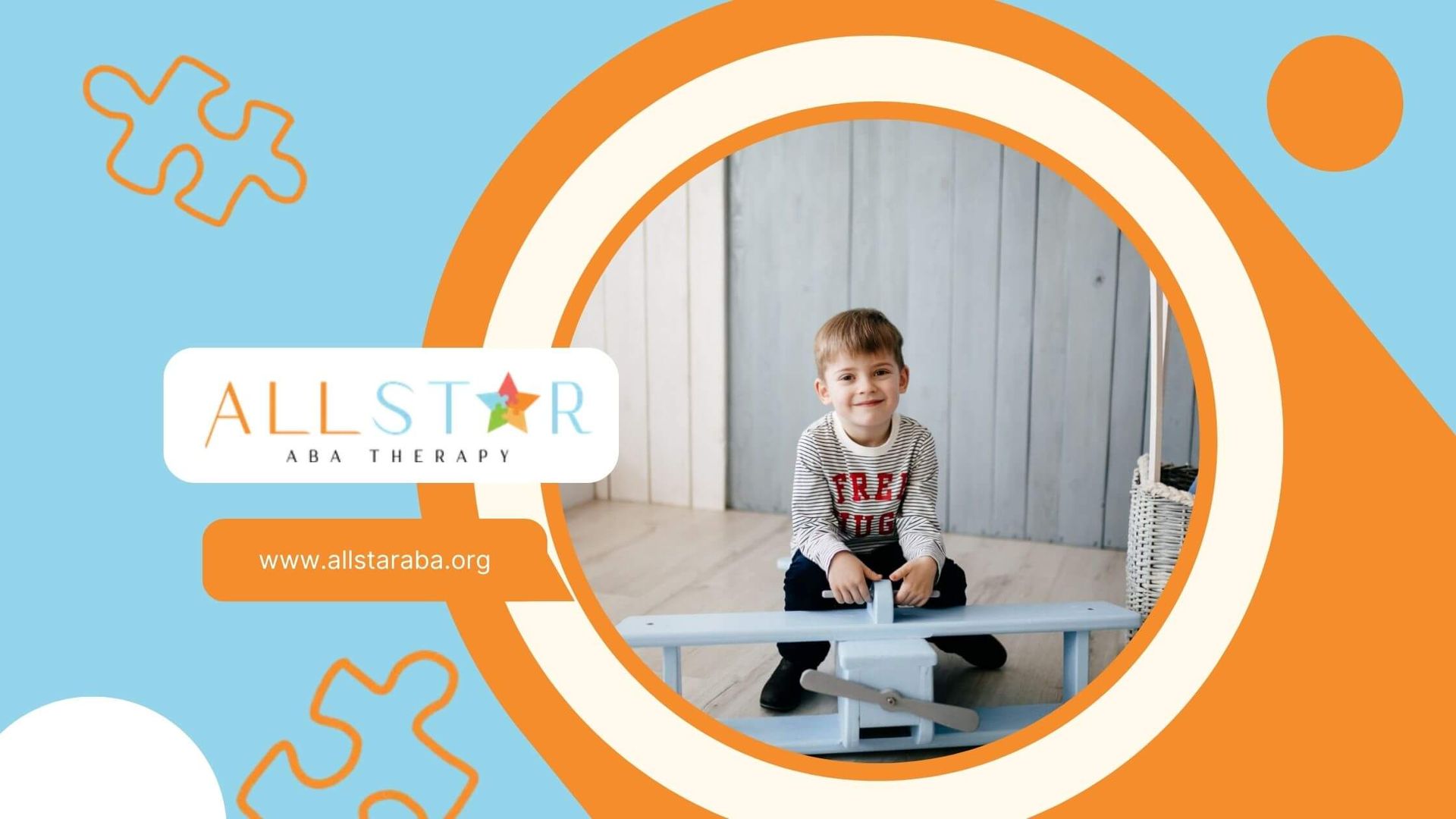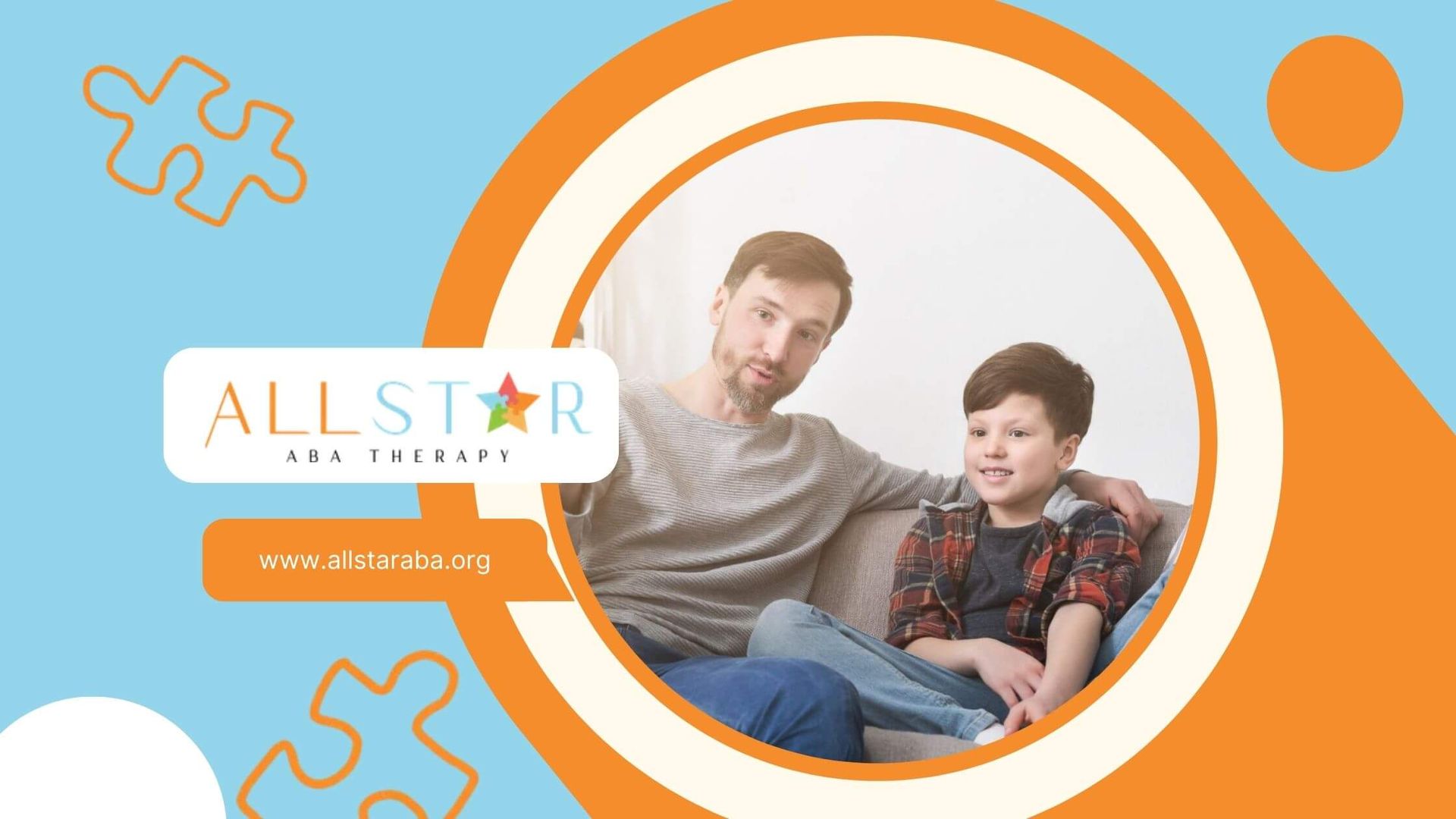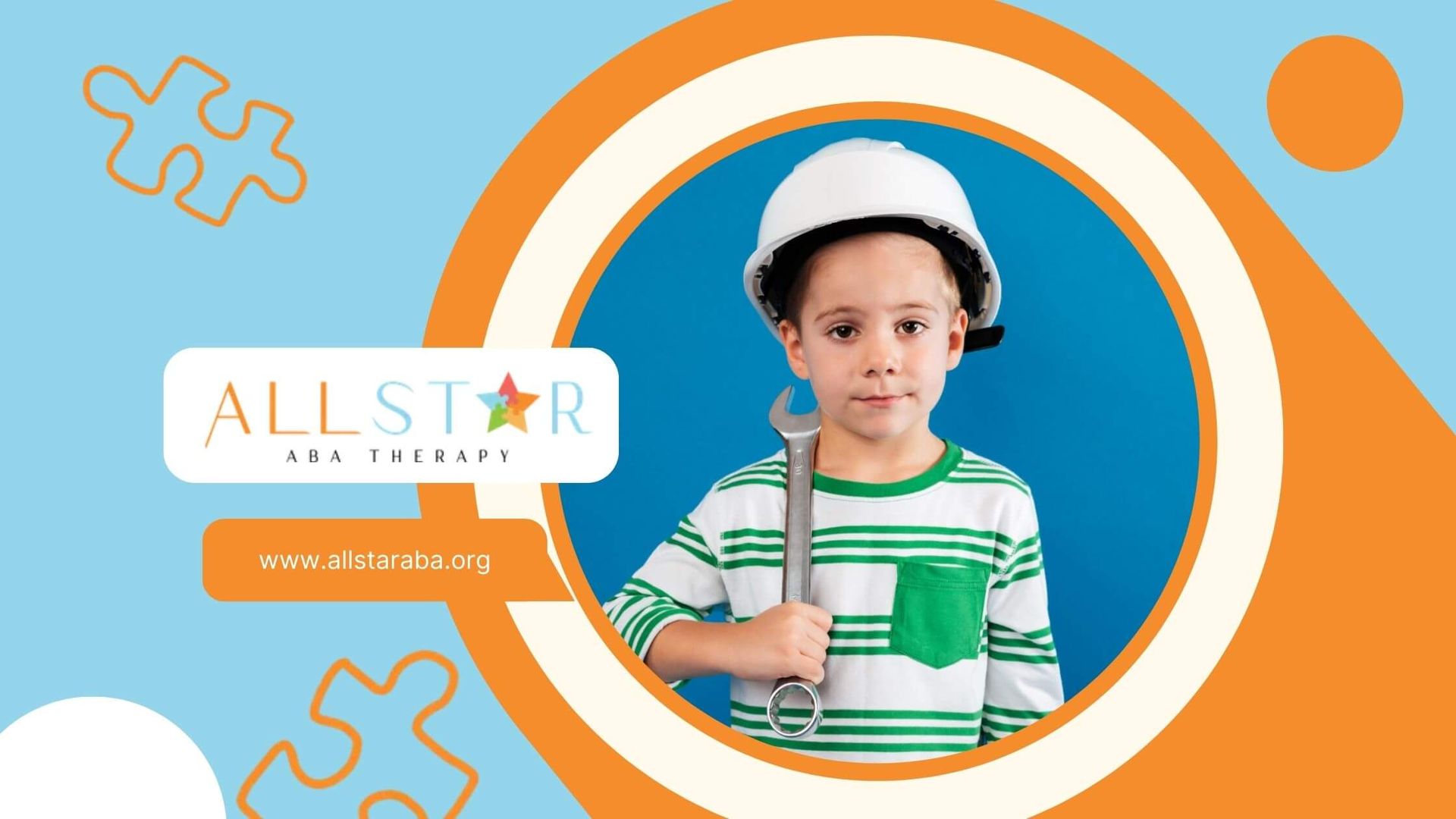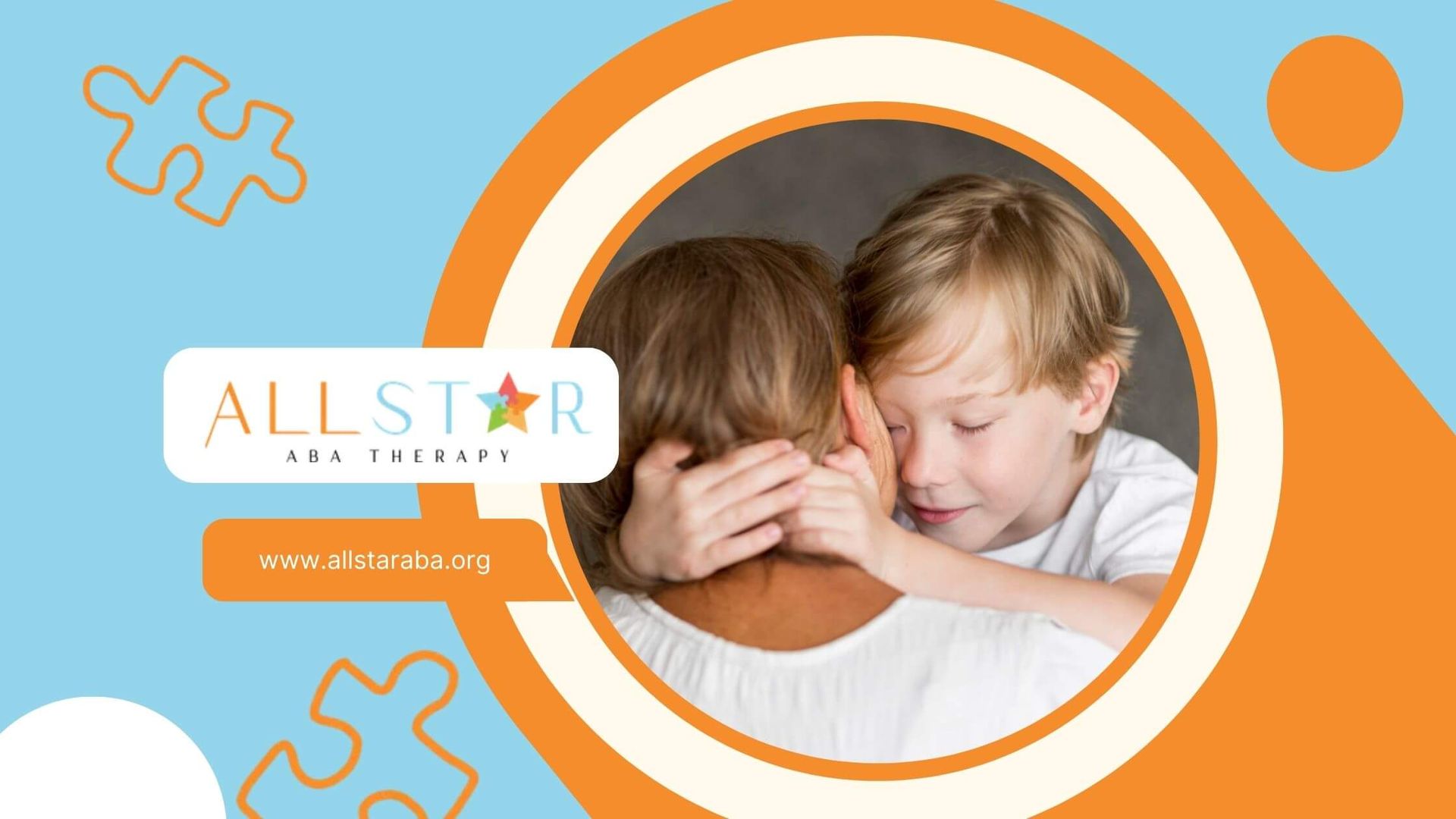New Paragraph
Navigating the Increasing BCBA Job Demand in Education
Understanding BCBA Roles
Board Certified Behavior Analysts, or BCBAs, design and oversee behavior-change programs for individuals with autism and related conditions. As key members of multidisciplinary teams, they apply principles of Applied Behavior Analysis (ABA) to assess needs, develop intervention plans, and train caregivers or educators. What does a
typical day look like for them? It often involves data collection, progress tracking, and collaboration with teachers, families, and other clinicians.
What a BCBA Does
- Conduct functional behavior assessments to identify triggers and reinforcers
- Create individualized behavior intervention plans
- Supervise Registered Behavior Technicians (RBTs) and support staff
- Train parents, teachers, or caregivers on implementing strategies
- Monitor data and adjust protocols based on outcomes
Impact in Education
In school settings, BCBAs may serve as behavior specialists or consultants. They work alongside special education teams to support students with Autism Spectrum Disorder (ASD), developing classroom routines, positive reinforcement systems, and crisis intervention plans. Their expertise helps schools meet Individualized Education Program (IEP) goals while promoting inclusive environments.
Exploring Job Growth Trends
Demand for certified behavior analysts has soared in recent years. A surge from approximately 5,000 BCBAs in 2013 to 48,000 in 2022 illustrates rapid expansion. That growth rate, nearly tenfold in less than a decade, reflects both rising autism diagnoses and wider adoption of ABA therapy.
Historical Growth Rates
Between 2010 and 2018, jobs for BCBAs jumped from under 1,000 to nearly 30,000, marking a 1,942% increase. During 2022 alone, postings grew by 45%, showing continued momentum.
Projected Demand
Looking ahead, the field is expected to expand by 20% over the next eight years, and by up to 22% over a decade, well above the average for all professions. Urban areas may see growth rates as high as 25%, while rural regions could expect around 15%.
Graph 1 illustrates projected demand growth by setting:
Driving Demand Factors
Several trends combine to fuel growing BCBA positions in education and beyond.
Rising Autism Prevalence
Current estimates indicate that 1 in 36 children in the US is diagnosed with autism, up from earlier figures. Increased screening and awareness have driven the need for qualified behavior analysts to deliver effective interventions in schools and clinics.
Policy and Funding
Legislation like the Individuals with Disabilities Education Act (IDEA) mandates appropriate support for students with disabilities. Many state education budgets now allocate funds for ABA services, making BCBA roles more common in public school districts.
Expanded Awareness
As research underscores ABA’s effectiveness, healthcare providers, insurers, and school administrators have embraced BCBA-led programs. This widespread recognition creates new job opportunities in diverse settings, from traditional classrooms to telehealth platforms.
Maryland Employment Insights
Educators and families in Maryland are witnessing the same national surge, with specific local dynamics shaping demand.
Local School District Needs
Maryland’s public schools have incorporated behavior analysts into special education teams to address challenging behaviors and improve academic engagement. Districts in Montgomery and Prince George’s counties, for example, have reported doubling BCBA staffing over the past five years.
Clinic and Telehealth Expansion
Private clinics and telehealth providers in Baltimore and surrounding areas are hiring more BCBAs to meet demand for remote ABA services. The shift toward virtual sessions during the pandemic has become a lasting trend, offering flexibility for families in suburban or rural parts of the state.
University and Training Programs
Maryland hosts several graduate programs in Applied Behavior Analysis, supplying a steady stream of qualified professionals. Universities in College Park and Towson offer online and in-person tracks, helping local candidates complete the BCBA coursework requirements.
BCBA Career Pathways
BCBAs in education can pursue various roles, each with unique responsibilities and rewards.
School District Behavior Specialist
These specialists focus on implementing and evaluating behavior plans within public or private schools. They often collaborate directly with teachers and carry caseloads of multiple students, guiding support staff and assisting with IEP meetings.
Clinical Supervisor
In clinical settings, BCBAs supervise Registered Behavior Technicians and junior analysts. With five to nine years of experience, supervisors earn around $66,495 annually, rising to about $68,541 with a decade of practice.
University Faculty and Research
Some analysts transition into academia, teaching ABA courses and conducting research. University professors in this field report average salaries of $92,393 per year and contribute to advancing best practices.
Private Practice Owner
Entrepreneurial BCBAs may establish private practices or consulting firms. While startup efforts require business planning and marketing, successful practices can command higher rates, particularly in underserved areas.
Preparing For BCBA Roles
Aspiring analysts must navigate education, certification, and professional development steps.
Educational Pathways
- Earn a bachelor’s degree in psychology, education, or a related field
- Complete a master’s program in Applied Behavior Analysis that meets BCBA coursework requirements
Certification Process
- Fulfill supervised fieldwork hours (typically 1,500–2,000)
- Pass the BCBA examination administered by the Behavior Analyst Certification Board (BACB)
Continuing Professional Development
Maintaining certification requires 32 continuing education units (CEUs) every two years. Many professionals attend conferences, webinars, and workshops to stay current on research and methods.
Conclusion
As BCBA job demand continues to climb, Maryland’s schools, clinics, and families benefit from a growing pool of qualified behavior analysts. The convergence of rising autism prevalence, supportive policies, and expanded training programs has created a robust market for these specialists. With clear pathways from education to certification and diverse career options, from school districts to private practice, aspiring analysts have ample opportunity to make a lasting impact. Parents, educators, and therapy professionals can take comfort in knowing that the resources and expertise required to support individuals with ASD are more accessible than ever.
At All Star ABA, we’re proud to be part of Maryland’s growing community of skilled behavior analysts dedicated to supporting children with autism. Our team of BCBAs and RBTs delivers individualized, evidence-based ABA therapy in Maryland that helps families achieve meaningful progress. Whether your child needs in-home, school-based, or community support, we work closely with parents and educators to ensure consistent care and lasting results.
Contact us today to learn how our ABA services can empower your child and provide the expert support your family deserves.
Frequently Asked Questions
Why is BCBA demand so high in Maryland?
The demand has increased due to rising autism prevalence, expanded insurance coverage, and strong state policies that prioritize early intervention and evidence-based services.
How does a BCBA help children with autism?
A BCBA designs, supervises, and adjusts ABA therapy programs to target skills like communication, social interaction, and behavior regulation, ensuring progress is measurable and personalized.
Is ABA therapy covered by insurance in Maryland?
Yes. Most major insurance providers in Maryland cover ABA therapy for autism. Coverage details, including session limits and pre-authorization requirements, depend on your specific plan.
SOURCES:
https://online.uc.edu/blog/5-trending-applied-behavior-analysis-careers/
https://online.uc.edu/blog/behavior-analyst-job-outlook/
https://www.bacb.com/team-view/us-employment-demand-for-behavior-analysts-2010-2024/
https://bhbusiness.com/2024/03/25/demand-for-bcbas-vastly-outstrips-the-total-workforce/
https://www.williamjames.edu/academics/school/applied-behavior-analysis/career-outlook.html
Need Support?
We're Here to Help!
Our experienced team is ready to assist you. Reach out today to discuss how we can support your child's development and well-being.
Get started with expert ABA therapy today.








